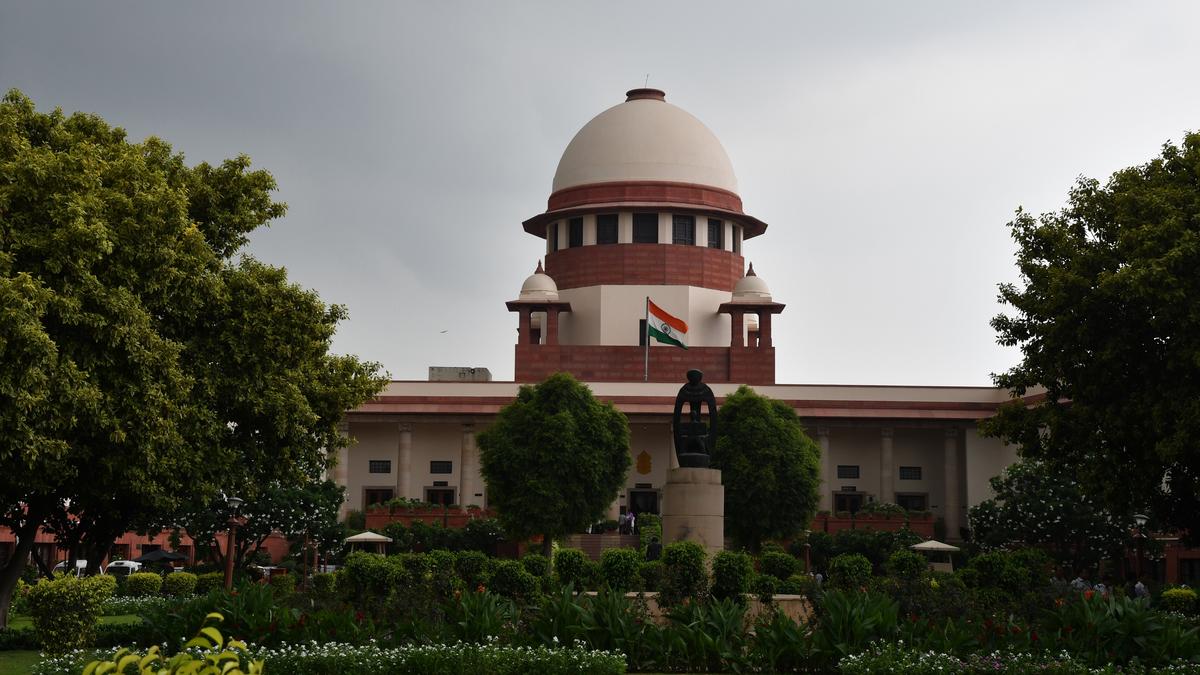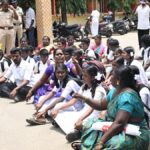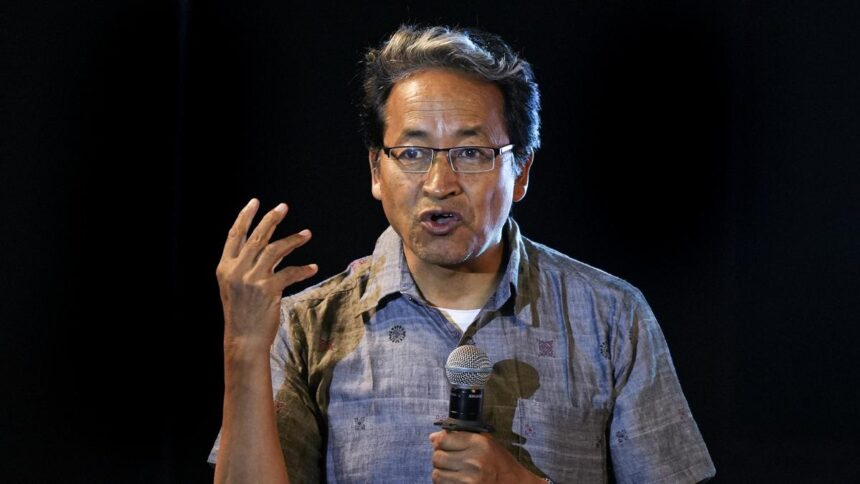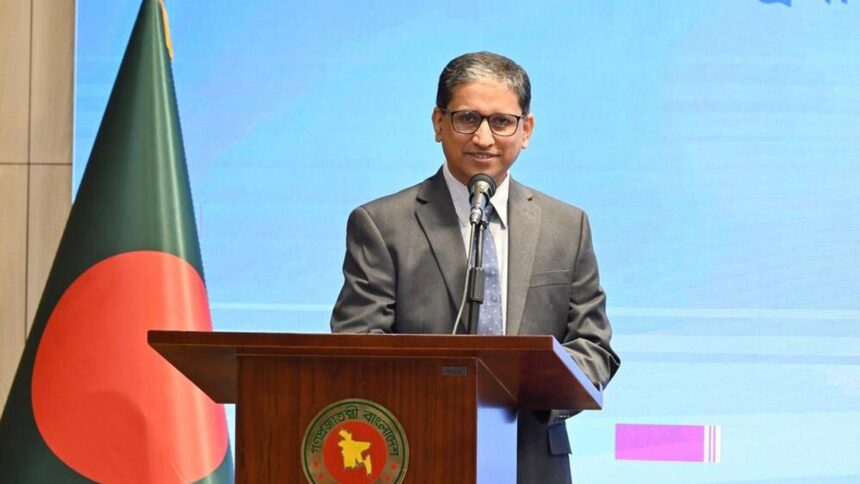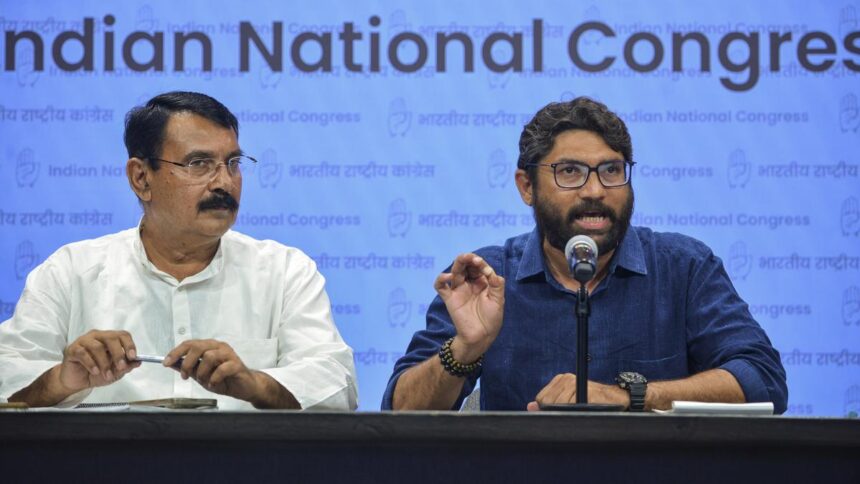
The Supreme Court was hearing a petition filed by a Kerala-based doctor, S. Ganapathy, who submitted that patients, mostly drawn from economically backward sections of society, were prematurely declared ‘brain dead’ by hospitals to harvest organs. File
| Photo Credit: The Hindu
The Supreme Court on Monday (September 8, 2025) said a law which decides the exact point of human death, after which organs and tissues can be transplanted, cannot be considered an ‘unlawful intrusion’ into the fundamental right to life.
A Bench of Justices Surya Kant and Joymalya Bagchi said the definition of ‘brain-stem death’ in The Transplantation of Human Organs and Tissues Act of 1994 was not a violation of Article 21 (right to life) of the Constitution.
The court was hearing a petition filed by a Kerala-based doctor, S. Ganapathy, who submitted that patients, mostly drawn from economically backward sections of society, were prematurely declared ‘brain dead’ by hospitals to harvest organs.
Also read: Kerala first State to form rules for brain death declaration
The Judges said they were not experts in medicine, and initially asked the petitioner to approach the Director of the All India Institute of Medical Sciences (AIIMS), Delhi, with his apprehensions, or even get in touch with the Ministry.
The Bench said it could not be expected to legislate or “second-guess” Parliament’s definition in the 1994 law on when “life ceases and death begins”.
Justice Bagchi referred to Section 2(d) of the 1994 Act which defines ‘brain-stem death’ as the “stage at which all functions of the brain-stem have permanently and irreversibly ceased”. The court then referred to Clause (e) of the same Section which defined a ‘deceased person’ as one in whom “permanent disappearance of all evidence of life occurs, by reason of brain-stem death or in a cardio-pulmonary sense, at any time after live birth has taken place”.
“The Legislature says ‘irreversible cessation of brain activity’ is the point at which there is an irreversible cessation of human life for the purpose of transplantation… We do not see the Transplantation Act as an unlawful intrusion into Article 21… After all, it is a legislative choice where a right begins and where a right ceases… Besides, transplantation in appropriate cases perpetuates life,” Justice Bagchi addressed the petitioner. The court finally deferred the hearing in the case.
Dr. Ganapathy has argued that harvested organs were transplanted into incompatible recipients, thus resulting in a high failure rate.
“Brain death is the condition in which not a drop of blood flows to the brain, leading to death of all brain cells, making the brain electrically silent. It is most respectfully submitted that the brain-dead person is not really dead. His/her heart beats normally; blood pressure and circulation, as well as body temperature and fluid; electrolyte balance are well maintained. Wounds heal, new cells are formed, and old ones are destroyed,” the petition said.
Published – September 08, 2025 09:57 pm IST




